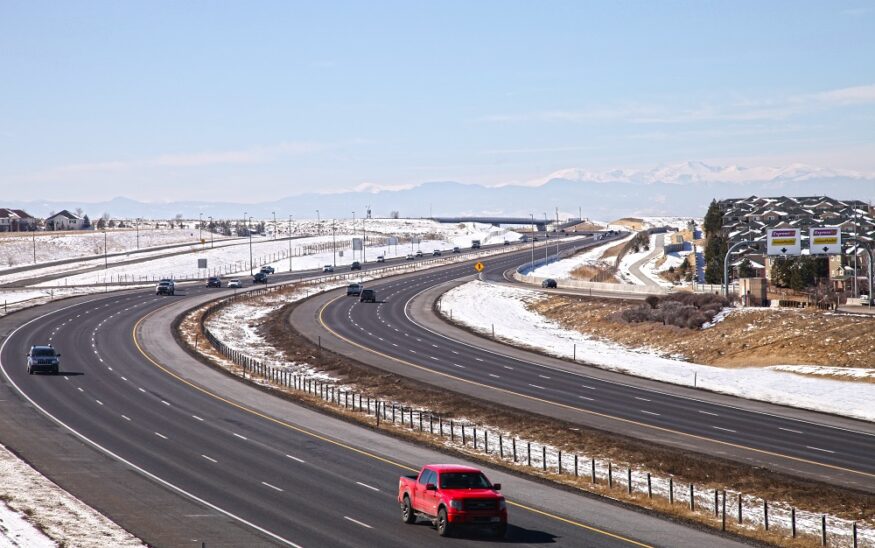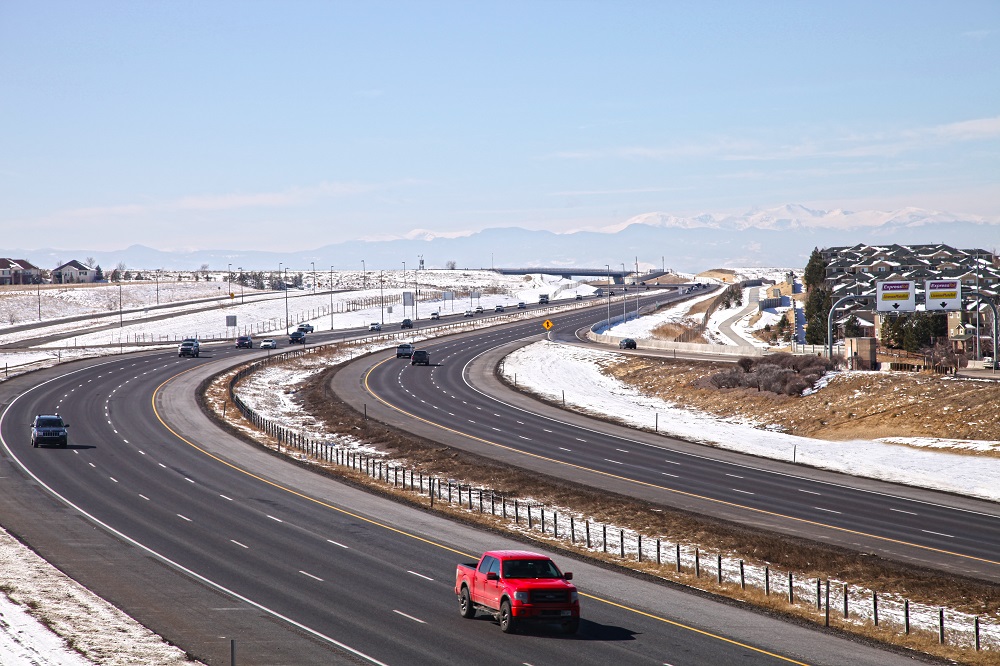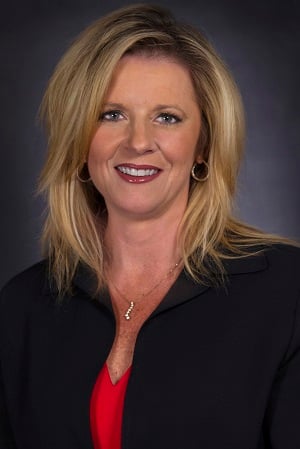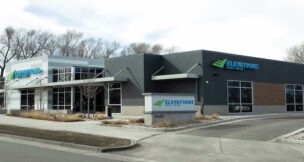Untangling the Story of Tolling in Colorado


Untangling the Story of Tolling in Colorado

The tolling landscape in Colorado has undergone a major shift in the last decade. Advancements like all-electronic tolling (AET) and interoperable transponders have changed the image of toll roads from physical cash booth pay points to a network of toll facilities operationalized through a sophisticated technological system. Any driver can move seamlessly from a highway to a tollway or toll lane without encountering the infrastructure of the 1950s to the early 2000s — no stopping required to make a payment and dig out change. Instead, you either pay through your pre-paid ExpressToll account or from a Go Pass or License Plate Toll Bill mailed to the registered owner of the vehicle.
Colorado drivers with an ExpressToll account can go a step further to hop on any toll facility in the state with their transponder acting as a universal interoperable pass granting discounted toll rates. These advancements, along with increasing transportation demand throughout the state, have contributed to an expanding user base that is willing to pay for a quicker, safer and more reliable option to reach their destination.
Colorado’s One-Stop Toll Shop
ExpressToll is Colorado’s centralized provider for customer service, billing and back-office support for all tolling facilities in the state. As of Jan. 2019, there were nearly 1.8 million active ExpressToll transponders in vehicles across the region attached to nearly 915,000 ExpressToll accounts. Clearly, this is a mobility option that is gaining traction.
Despite this rapid growth, confusion remains in the marketplace among even seasoned ExpressToll account holders on how this works and what it means for Colorado drivers and the future of transportation.
ExpressToll Key Players:
E-470 Public Highway Authority (E-470): A 47-mile, non-taxpayer funded toll road forming a beltway around metro Denver’s Eastern area, providing access to Denver International Airport and connections between I-25/C-470 and I-25/Northwest Parkway.
Northwest Parkway Public Highway Authority (NWPKY): A nine-mile toll road connecting E-470 at I-25 in the north metro Denver area with US 36 in Broomfield.
Colorado Department of Transportation (CDOT): 16 miles of managed Express Lanes on US 36 from Denver to Boulder, 13 miles on eastbound I-70 from Empire through Veterans Memorial Tunnels, I-25 Central (the two reversible managed lanes on I-25 between US 36 and 20th Street in downtown Denver) I-25 North Express Lanes between US 36 and 120th and several new managed Express Lanes projects in the works.
ExpressToll has processed account-based customer tolls on E-470 since 1991, on NWPKY since 2003 and on the Colorado Express Lanes since 2006 for CDOT and HPTE. The interoperability between E-470, CDOT, HPTE and NWPKY provides drivers with a seamless solution for all Colorado tolling facilities. Instead of having a windshield filled with multiple transponders for multiple toll facilities (one for the daily commute, one for getting up to the mountains on the weekend, etc.), vehicles only need a single transponder. Instead of receiving a bill from CDOT or Northwest Parkway and another from E-470, ExpressToll customers receive a single statement reflecting all toll use across the state.
The Driver’s Choice
The challenge of mobility is a driving force for economic conditions for cities and states, quality of life for residents and decision-making for employers. Demand and population are growing quickly while the space to work with is diminishing. Toll roads and managed toll lanes are another piece of the puzzle in a landscape where continued physical expansion of highways is becoming more and more challenging, with an eventual limit in sight. By providing a choice for travelers among a larger array of multi-modal transportation options, tolling can be a great addition to one’s mobility toolkit.
Whether toll roads, managed lanes or other transportation options, the opportunity for choice exists in the marketplace. While you may not choose to use Colorado’s toll facilities, you should thank your neighbor who does, ultimately freeing up extra space on the other roadways or general-purpose lanes.
The Interoperability Frontier
Statewide interoperability is a function of the tolling system that increases efficiency, connectivity and ease of use both for customers and tolling owners and operators. In a rapidly changing transportation landscape of technology, economy and demand across the globe, how will Colorado fit into the big picture when it comes to tolling?
One opportunity on the horizon is the expansion of interoperability beyond state borders. Four regional interoperability hubs currently exist, representing Northwest, Southeast, Western and Central states. In 2020, Colorado is hopeful to become the fourth state in the Central Hub, joining Texas, Oklahoma and Kansas. This potential interoperability agreement would mean account holders in Colorado will be able to utilize their ExpressToll transponder in other states within the Central Hub to pay for incurred tolls, and for out-of-state customers to use their home agency accounts to pay for tolls incurred while in Colorado. This connectivity will take a major technological lift as well as a collaborative push among tolling agencies to think beyond a toll road that starts at point A and ends at point B to envision a regional and, perhaps someday, national network.
As we move into a future of continued growth, new infrastructure and technology, regional collaboration will be a critical element in providing mobility solutions and managing transportation needs. What we can expect is that tolling will be a key component in the story, both for Colorado and the nation. Stay tuned for the road ahead.
 About Sheryl Machado: Sheryl Machado is a Senior Associate at GBSM Inc., a Denver-based communications firm where she brings 20+ years of experience in management of public involvement programs, public speaking, emergency management, crisis communications and broadcast journalism. Machado supports The E-470 Public Highway Authority as a communications consultant working on tolling education, community engagement and media relations. For more information visit: www.e-470.com/
About Sheryl Machado: Sheryl Machado is a Senior Associate at GBSM Inc., a Denver-based communications firm where she brings 20+ years of experience in management of public involvement programs, public speaking, emergency management, crisis communications and broadcast journalism. Machado supports The E-470 Public Highway Authority as a communications consultant working on tolling education, community engagement and media relations. For more information visit: www.e-470.com/
This sponsored content was provided by ExpressToll.













